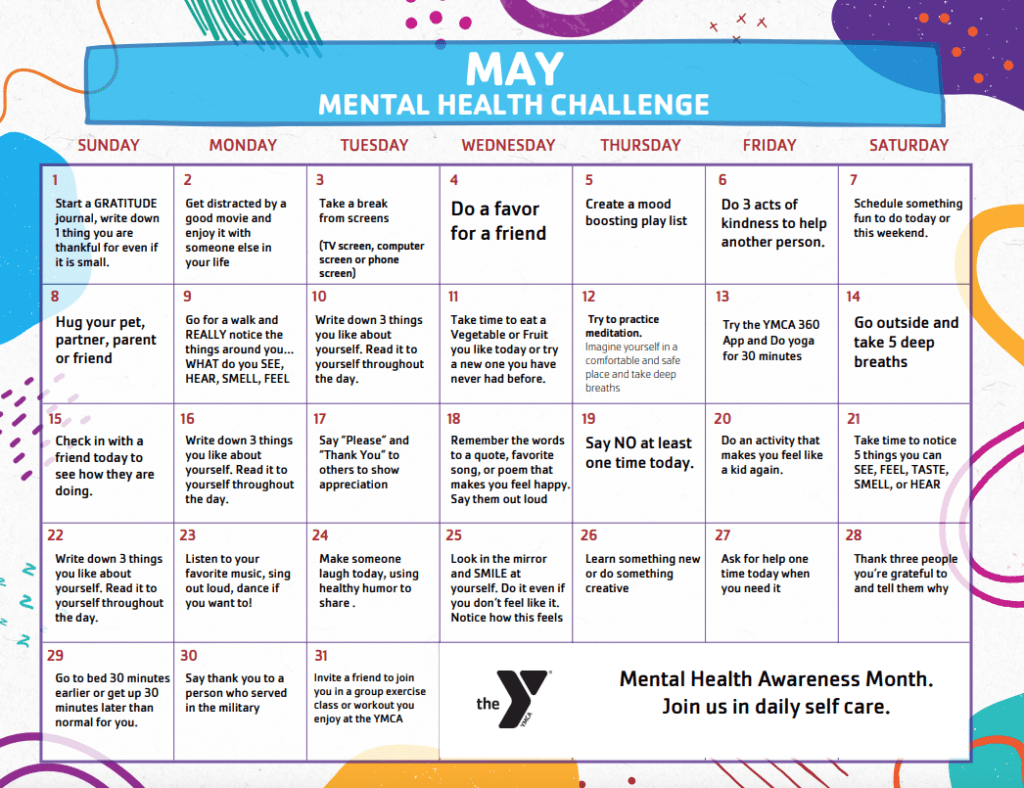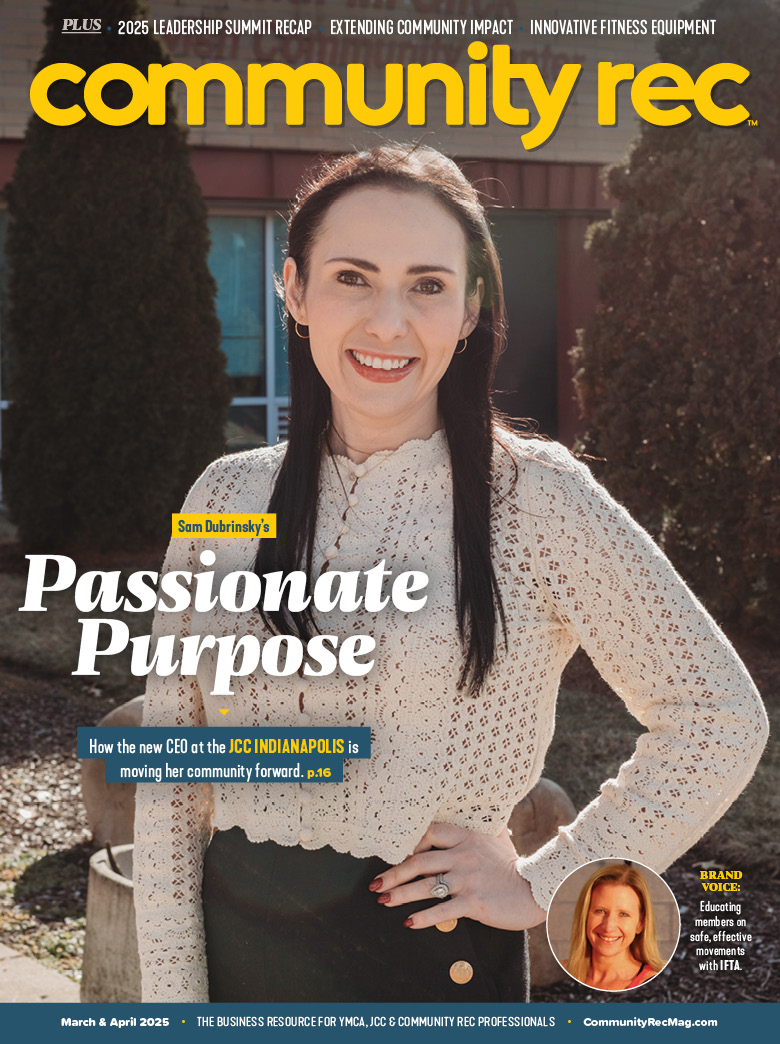New CDC data published March 31, 2022 shed additional light on the mental health of U.S. high school students during the COVID-19 pandemic. This data comes a month before Mental Health Awareness Month in May, which aims to fight stigma, provide support, educate the public, and advocate for policies that support people with mental illness and their families. Here’s how community centers are responding.
According to the new data, in 2021, 37% of high school students reported they experienced poor mental health during the COVID-19 pandemic, and 44% reported they persistently felt sad or hopeless during the past year. The new data also described some of the severe challenges youth encountered during the pandemic:
- 55% reported they experienced emotional abuse by a parent or other adult in the home, including swearing at, insulting or putting down the student.
- 11% experienced physical abuse by a parent or other adult in the home, including hitting, beating, kicking or physically hurting the student.
- 29% reported a parent or other adult in their home lost a job.
Additionally, lesbian, gay, and bisexual youth and female youth reported greater levels of poor mental health; emotional abuse by a parent or caregiver; and having attempted suicide than their counterparts.
36% of students said they experienced racism before or during the COVID-19 pandemic. The highest levels were reported among Asian students (64%) and Black students and students of multiple races (both 55%). The experiences of racism among youth have been linked to poor mental health, academic performance and lifelong health risk behaviors.
The report further suggests school connectedness – a sense of being cared for, supported, and belonging at school – had an important effect on students during a time of severe disruption. Youth who felt connected to adults and peers at school were significantly less likely than those who did not to report persistent feelings of sadness or hopelessness (35% vs. 53%); that they seriously considered attempting suicide (14% vs. 26%); or attempted suicide (6% vs. 12%). However, 47% of youth reported feeling close to people at school during the pandemic.
“In the face of adversity, support from schools, families, and communities protects adolescents from potentially devastating consequences,” said Jonathan Mermin, director of the National Center for HIV/AIDS, Viral Hepatitis, STD, and TB Prevention, CDC’s lead Center for monitoring and addressing school-based health, in a statement. “This data tells us what works. So, what will it take for our schools and communities to help youth withstand the challenges of the COVID-19 pandemic and beyond?”
With the majority of community centers providing spaces for after school care and summer programming, they too have the opportunity to play a crucial role in supporting the youth in their communities – and most of them have already started.
Here’s how four organizations across the U.S. are showing support during Mental Health Awareness Month:
Throughout the month of May, the YMCA of San Diego County is taking part in a community-wide campaign to raise awareness for the youth mental health crisis and offer direct support to children, youth, parents and caregivers across San Diego County. This campaign includes making the Y free to young people between the ages of 13-24 during the month of May, and hosting weekly support groups for parents and caregivers to learn positive parenting techniques while connecting and sharing with others.
In honor of Mental Health Awareness Month in May, the Siouxland YMCA is encouraging community members to join the conversation about mental health and join the May Mental Health Challenge. The Y made the calendar printable and shareable to all.
The Auburn YMCA-WEIU will encourage conversations about mental health throughout Mental Health Awareness Month, beginning with an event on Friday, May 6. The YMCA is inviting individuals, organizations and businesses to Walk Out for Mental Health Appreciation at noon that day. The event will take place at the New York State Equal Rights Heritage Center where Cayuga County Director of Community Services Lauren Walsh will speak. The YMCA will also hold a Community Wellness Night Wednesday, May 25. The YMCA is partnering with the Cayuga County Mental Health Task Force to hold the events.
In honor of Mental Health Awareness Month, the Mandell JCC of Greater Hartford will be offering a series of programs, including weekly guided meditations and campus walks, a finding inner peace class, a youth mental health first aid course, and hosting a mental health panel on creating connection and calm in our families.











